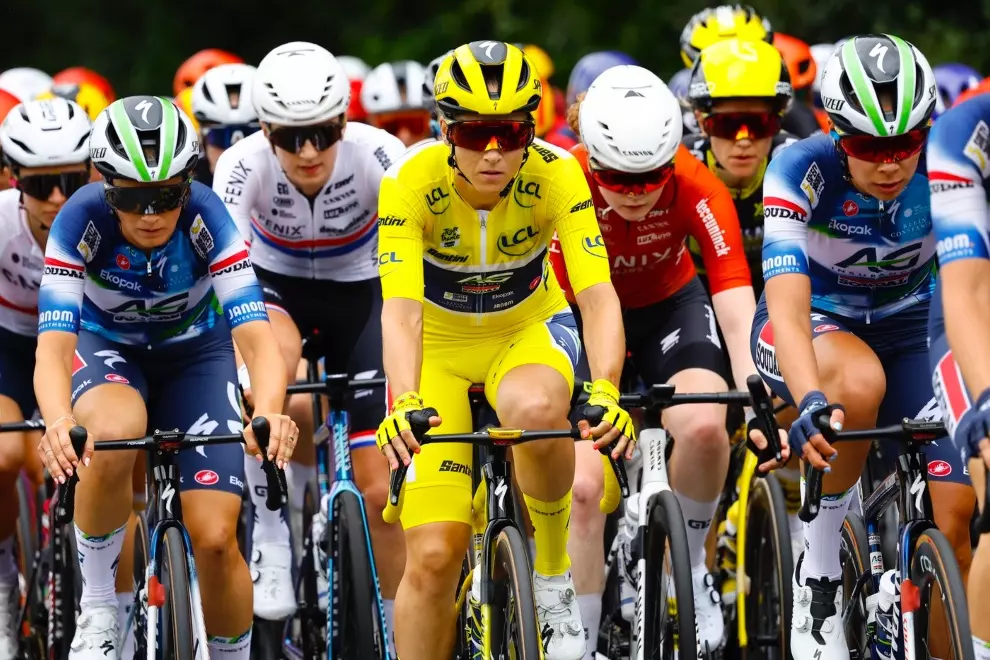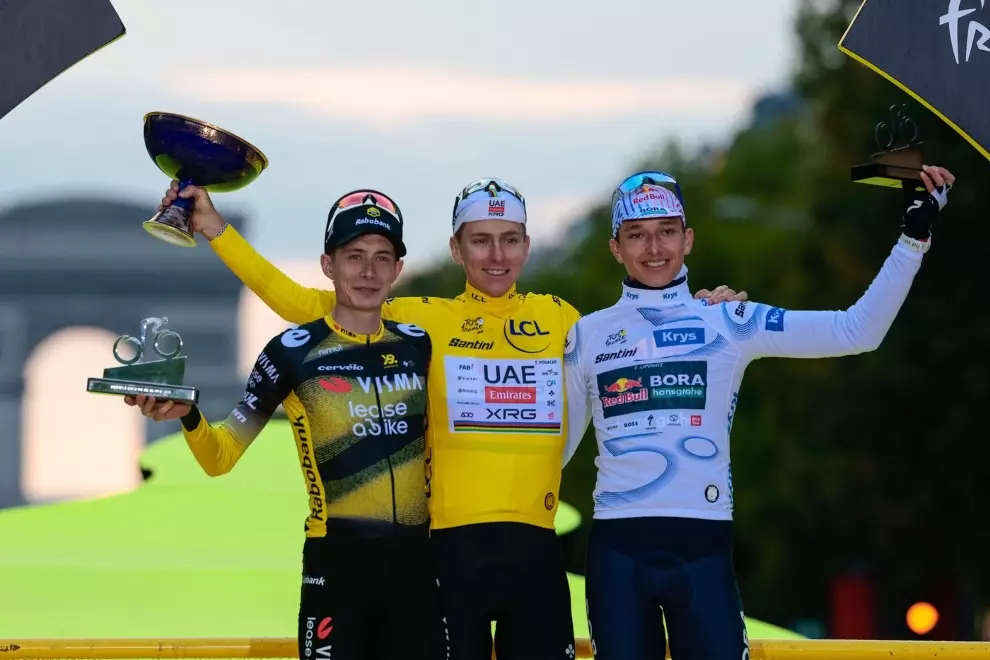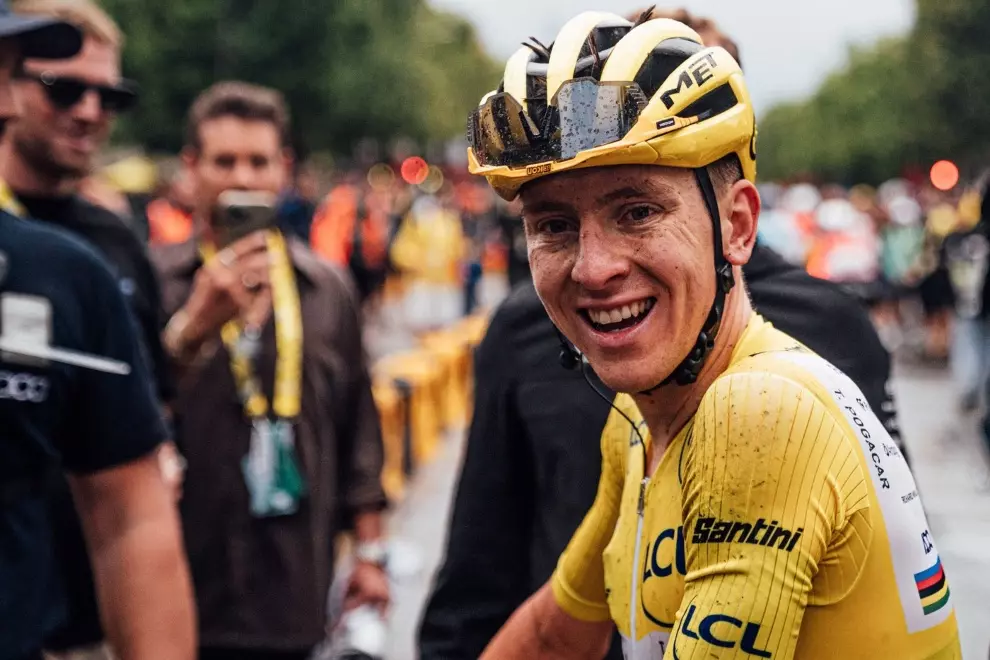The importance of extended breaks
If I’m honest, sometimes I feel that training and racing are the easiest parts of being a pro cyclist. The challenges come from constant travelling, dealing with delays, and living out of a suitcase for about ten months of the year. That’s what wearies me the most. Having an off-season where I can stay in one place for at least two weeks without rushing to the airport allows me to recharge. Riding itself is therapeutic, so I may not feel the need for a break but it’s something my coach and team encourage me to do.
Unique off-season hobbies
The off-season is also a chance to indulge my other passions. For me, my kitchen is my zen zone. I can spend hours grocery shopping and then dedicate the entire day to experimenting with new recipes. Cooking and baking give me a lot of satisfaction and help me learn something new almost daily. During the off-season, though it’s short, I also explore activities like hiking, running, and playing team sports. My partner encourages me to invest more time in art, a delightful challenge I’m happy to embrace.

Active recovery strategies
Regarding the physical challenge of the off-season, active recovery is my preferred way of resting. While there are days when staying on the sofa or in bed feels good, it’s not a long-term solution. After a strenuous season, your body is accustomed to a particular routine. Suddenly shutting it down completely might lead to mood swings and confusion. Active recovery, on the other hand, allows you to enjoy the beauty of nature, meet up with friends, and explore new trails. Getting out of the door first thing after breakfast is my priority; I’m used to it and, in some ways, addicted to it. Fresh air is simply a priority for me, so in the off-season, I go for a walk, a little run to the bakery store or ride with friends who want to take it slow.
Periodisation in training
Periodisation is a crucial aspect of my training, and it involves planned cycles of work and rest. I have in-depth discussions with my coach and team to review the past season, identify areas where we can improve, and assess what we did right. There are numerous factors to consider, including race goals, travel days, and possible health issues or injuries. The training and resting periods are structured by the professionals who work with me, and my role is to provide feedback based on how my body feels and responds to fatigue.
Motivation and hunger for competition
As I’ve grown older, I’ve found that my hunger for racing has increased. In my younger days, I counted down the minutes until I could put my bike aside and hang out with friends. Now, my priorities have shifted. With age and experience, I’ve become more skilled at balancing my life with loved ones. I’ve also seen many riders forced to stop their careers due to injuries or health problems. This has made me appreciate my career and motivates me to give my best at every opportunity as if there were no tomorrow.
Managing expectations and prioritising health
Indeed, there’s often pressure to push harder and do more in professional sports. It can be overwhelming at times, and I’ve learned to look for solutions and draw from the experiences of others who have faced similar challenges. The sports world is evolving rapidly and each year, there’s a need to do something extra that your competition might not be doing. Personally, setting clear goals is the key to maintaining motivation while prioritising my health and longevity in the sport. My nearest goal is to win Strade Bianche (early March), and it’s already enough to make me want to think about the upcoming weeks and training approach so I can gain that extra percentage.
Reflecting and goal-setting
After each race, I make a point of writing down notes about what went well and what needs improvement. My calendar evolves slightly each year, allowing me to eliminate mistakes and learn from them. In collaboration with my coach, we create a comprehensive training plan, incorporating insights gathered throughout the season. Reflection is the driving force that fuels my passion for the sport and my desire to improve. As I restart my season, I feel motivated to work towards upcoming races. With experience and knowledge, I believe that after every off-season, I’m starting from a better place than where I was the year before.




